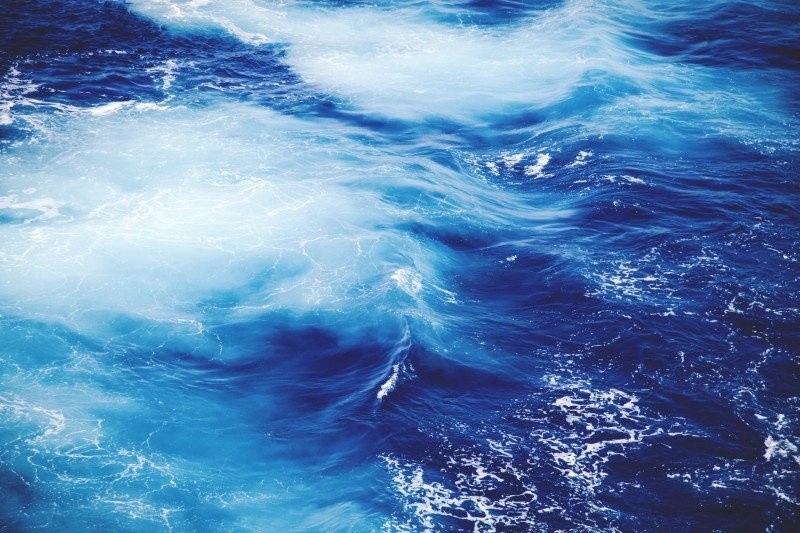
The marine nitrogen cycle is as important as the nitrogen cycle on land as it is the building block of DNA and makes growth possible for photosynthetic organisms in the oceans like algae and phytoplanktons. The marine nitrogen cycle is caused by complex microbial transformations that include nitrogen fixation, assimilation, and eventually denitrification.
However, new research shows that alarming changes in the ocean's oxygen concentration can negatively affect the marine nitrogen cycle.
AN ALARMING STATE
Researchers from the University of Bristol in the United Kingdom published a study which shows that due to the decrease in oxygen levels in our oceans, the feedback mechanisms that supposedly keep the marine nitrogen cycle are significantly declining.
This is an alarming claim since these feedback mechanics -- which scientists call 'the Nitrostat' -- keep the marine nitrogen cycle stable for over geologic time. The scientists behind this study note that the responses from the feedback mechanisms and the marine nitrogen cycle in the decreasing level of oxygenation throughout the years aren't well understood.
To support the study, the researchers used a data-constrained model of the Earth, where deoxygenated conditions in its ocean are shown to be directly proportional to the depletion of nitrogen relative to phosphorus. This is the phenomenon when the ocean transitions from being an oxic-nitrate in nature to the anoxic-ammonium ocean.
The study was published in the Proceedings of the National Academy of Sciences. It said "the substantive reduction in the ocean bioavailable-N inventory in response to changes in marine oxygenation may represent a key biogeochemical vulnerability."
In a press statement, Dr. David Naafs from the School of Earth Sciences at the University of Bristol and the lead author of the study explains, "Our results demonstrate that changing the amount of oxygen in the ocean can have disastrous effects on vital biogeochemical cycles such as the nitrogen cycle, which is essential for all forms of Life." In addition, Dr. Fanny Monteiro from the School of Geographical Sciences and co-author of the study explains that the modeling structure used in the experiment are in agreement with the sparsely available proxy data from the geological past.
According to Prof. Ann Pearson from Harvard University and co-author of the study, the modeling results of the study show the impact of the changes in ocean oxygenation on the marine nitrogen cycle for places and time periods that the scientists have no data present yet.
The researchers warn people of the dire effects of the deoxygenation of the oceans. According to the study, the strength and the overall state of the marine nitrogen cycle are highly susceptible to disruptions through the levels of oceanic oxygen.
Scientists also warn that the oxygen levels in the world's oceans are significantly decreasing and is expected to continue in its decline in the decades to come due to various human activities in coastal areas and the production of carbon emissions. This is terrible news not only to the ocean-dwelling plants and animals but for terrestrial creatures that are dependent on these marine species.
© 2026 ScienceTimes.com All rights reserved. Do not reproduce without permission. The window to the world of Science Times.












